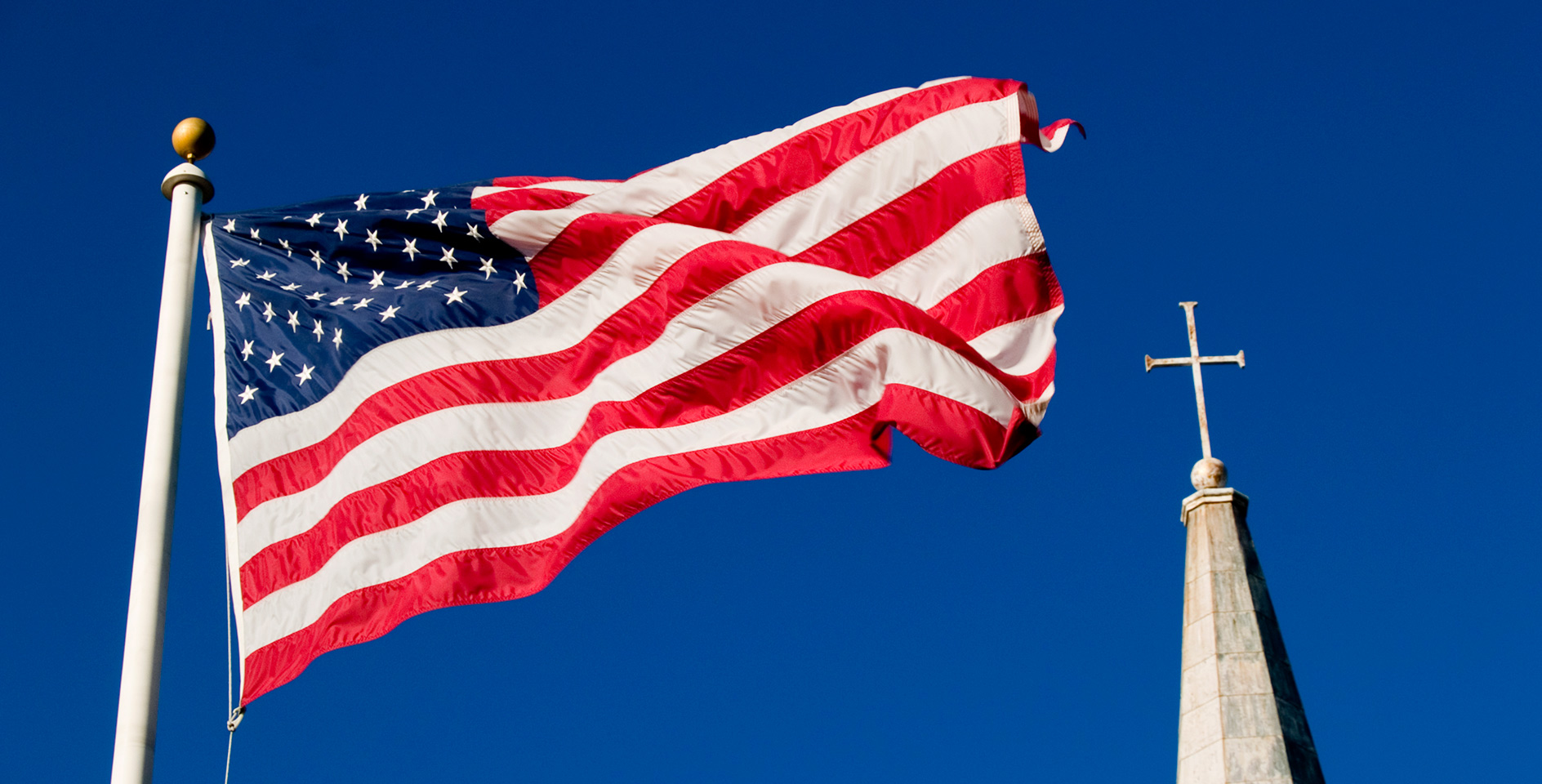Two weeks ago, the Small Business Administration (SBA) issued new guidance (FAQ 31) for the Paycheck Protection Program that raised concerns and uncertainty about whether nonprofit organizations and houses of worship were able to certify that their loan application was “necessary” given the current economic uncertainty. This guidance indicated that organizations would be required to consider other sources of liquidity before they could certify that the loan application was necessary.
Because many nonprofit organizations and houses of worship had already received loans under the program, many have been actively considering not participating in the program because of an unclear set of standards. For instance, would nonprofit organizations need to deplete all unrestricted cash, including minimum reserve balances, before applying?
Thankfully, today SBA issued a clear, bright-line safe harbor that gives certainty for organizations that have received small loans under the Paycheck Protection Program that they may certify that their loan application was necessary given the current economic climate. Many nonprofit organizations have applied for PPP assistance based on incomplete information about giving trends and the medium-range economic impact of the COVID-19 pandemic. While organizations will still need to meet SBA’s loan forgiveness requirements in the future, they need not worry about whether their certification that the application was necessary will be second-guessed with the benefit of hindsight.
What’s the bottom line?
The SBA will consider the necessity certification for all loans with an original principal amount of less than $2 million to have been made in good faith. In other words, if a church or ministry received less than $2 million, they need not fear the SBA later making the argument that the loan was not necessary.
Question 46 of the new guidance is below, and the full, updated guidance may be found at the Treasury Department’s website.
How will SBA review borrowers’ required good-faith certification concerning the necessity of their loan request?
Answer: When submitting a PPP application, all borrowers must certify in good faith that “[c]urrent economic uncertainty makes this loan request necessary to support the ongoing operations of the Applicant.” SBA, in consultation with the Department of the Treasury, has determined that the following safe harbor will apply to SBA’s review of PPP loans with respect to this issue: Any borrower that, together with its affiliates, received PPP loans with an original principal amount of less than $2 million will be deemed to have made the required certification concerning the necessity of the loan request in good faith.
SBA has determined that this safe harbor is appropriate because borrowers with loans below this threshold are generally less likely to have had access to adequate sources of liquidity in the current economic environment than borrowers that obtained larger loans. This safe harbor will also promote economic certainty as PPP borrowers with more limited resources endeavor to retain and rehire employees. In addition, given the large volume of PPP loans, this approach will enable SBA to conserve its finite audit resources and focus its reviews on larger loans, where the compliance effort may yield higher returns.
Importantly, borrowers with loans greater than $2 million that do not satisfy this safe harbor may still have an adequate basis for making the required good-faith certification, based on their individual circumstances in light of the language of the certification and SBA guidance. SBA has previously stated that all PPP loans in excess of $2 million, and other PPP loans as appropriate, will be subject to review by SBA for compliance with program requirements set forth in the PPP Interim Final Rules and in the Borrower Application Form. If SBA determines in the course of its review that a borrower lacked an adequate basis for the required certification concerning the necessity of the loan request, SBA will seek repayment of the outstanding PPP loan balance and will inform the lender that the borrower is not eligible for loan forgiveness. If the borrower repays the loan after receiving notification from SBA, SBA will not pursue administrative enforcement or referrals to other agencies based on its determination with respect to the certification concerning necessity of the loan request. SBA’s determination concerning the certification regarding the necessity of the loan request will not affect SBA’s loan guarantee.






